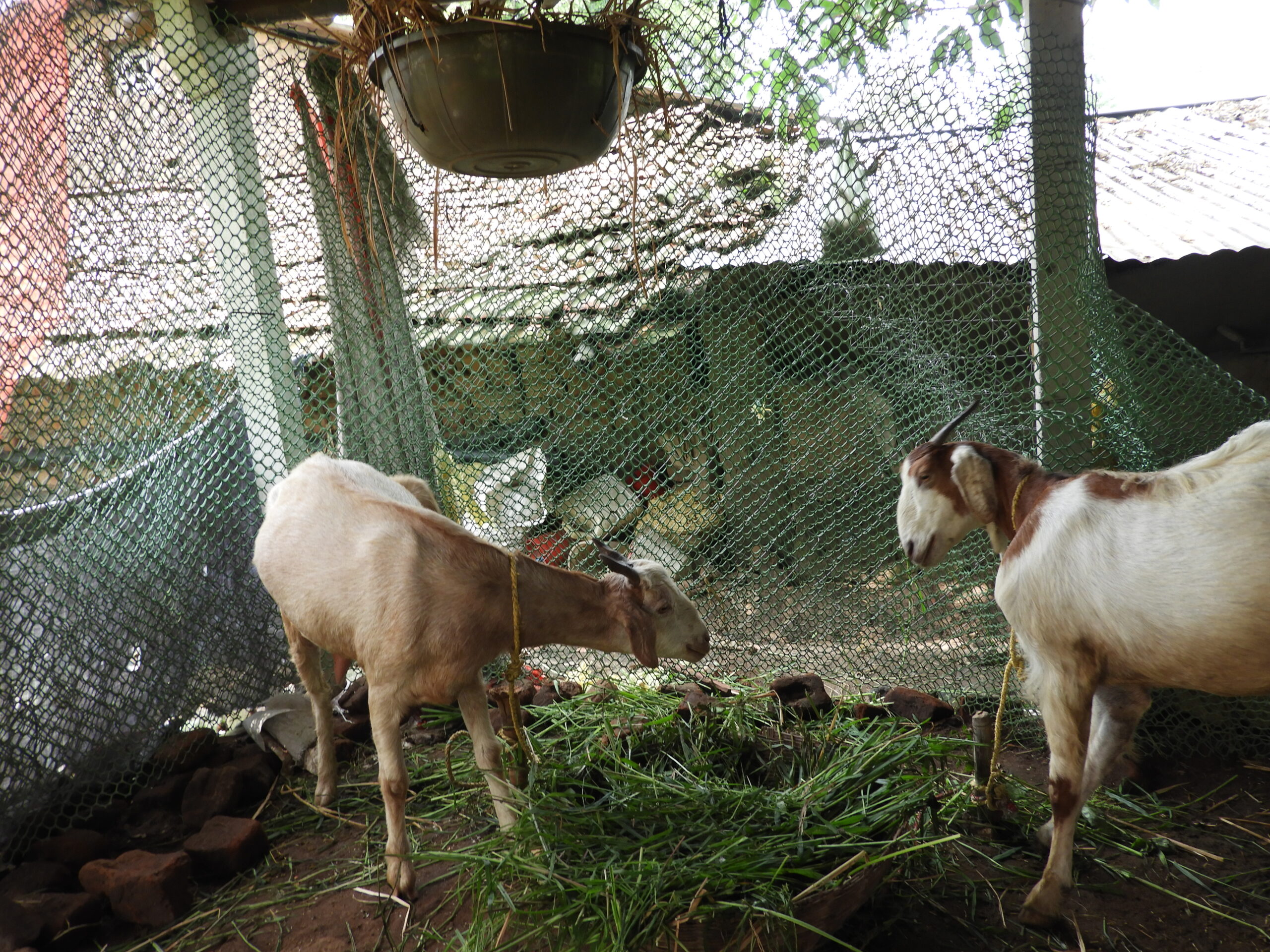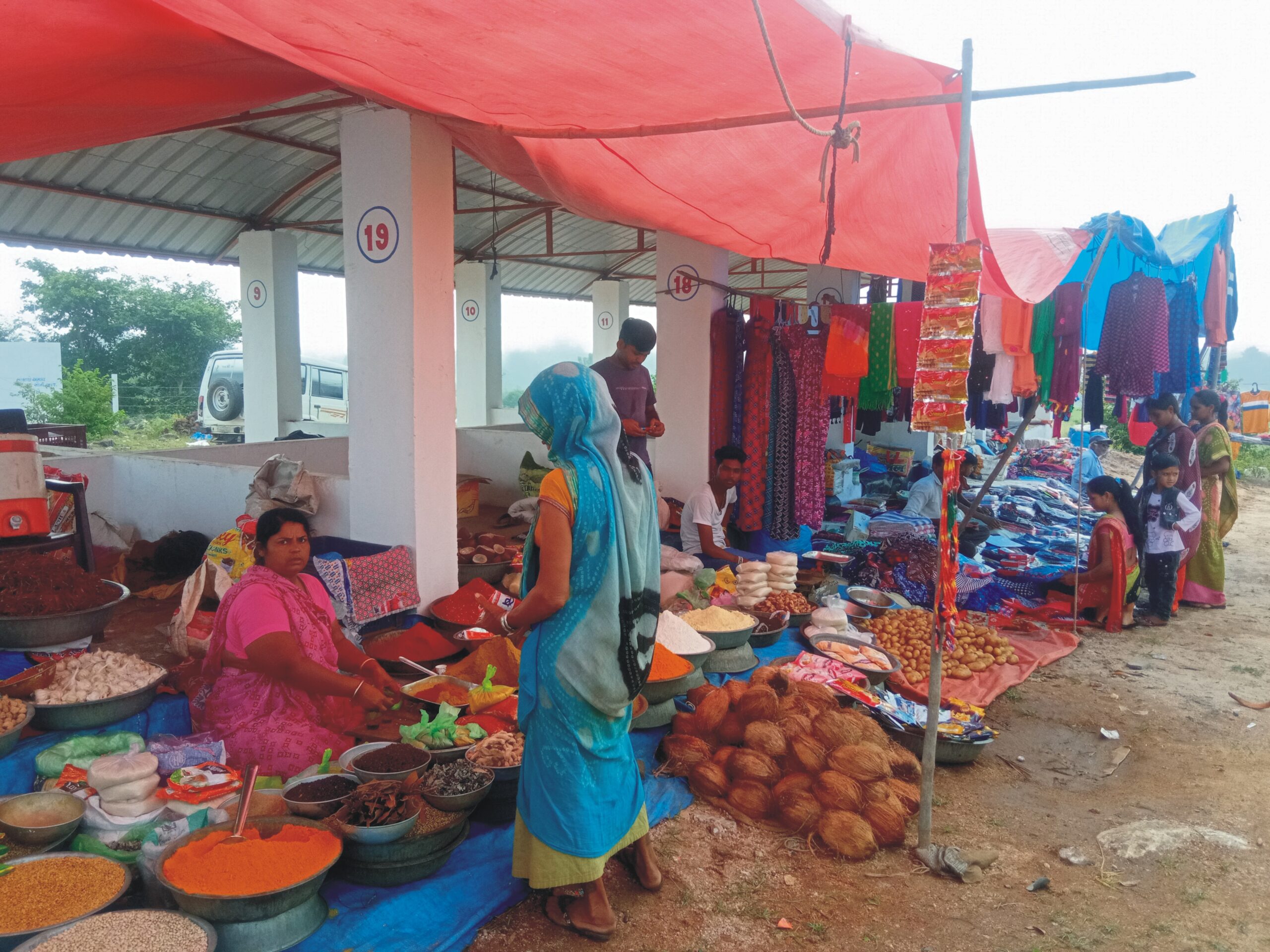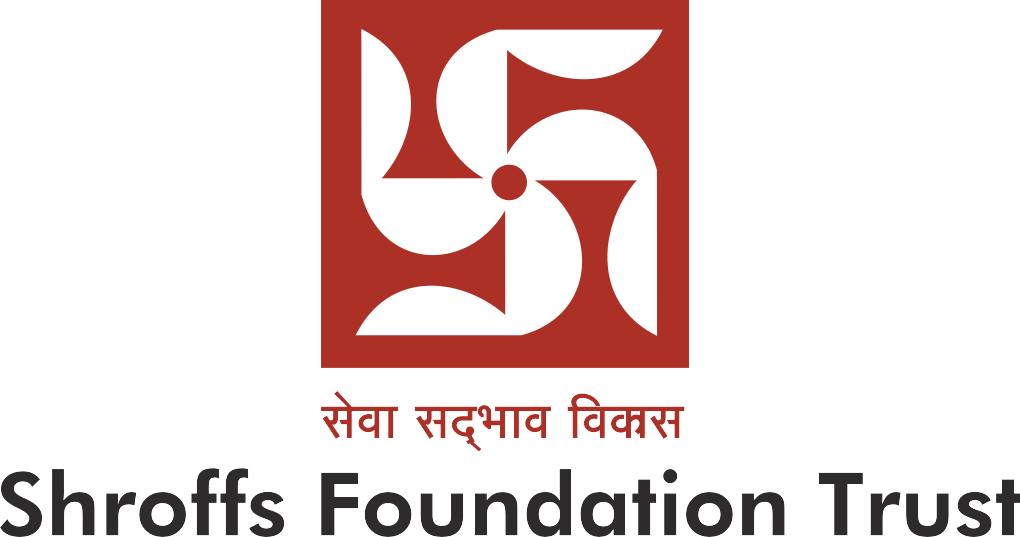Livelihood & Agriculture Support


Empowering Tribal Farmers Through Sustainable Agriculture
Through government programs like Seeds Village, NFSM, Wadi, Sun Shine, and Jeevika, SFT has reached 41,250 farmers, promoting advanced farm techniques from sowing to harvesting. This has resulted in an 80% increase in yields and annual income, with improved cropping patterns and better-quality inputs. Additionally, horticulture and animal husbandry are now being embraced as sustainable income sources, ensuring long-term economic stability.
Marketing & Empowerment
Encouraging empowerment of women at the market level is acknowledged as a necessary requirement for effectively reducing poverty. It is necessary to remove the structural barriers to facilitate empowerment of women. Rural collectives as institutions enabling access to credit, information, inputs and collective action are important vehicles to address the constraints in accessing these issues. It is essential to facilitate women to form collectives to get access to credits and inputs. SFT’s effort in mobilizing the tribal women into collectives is a panacea to overcome the structural barriers and transform them into empowered individuals.
Sharada Devi Gruh Udhyog Sahkari Mandali is a successful model of small scale enterprise for economic and social empowerment of women in the tribal area of Chhotaudepur. SGS was registered as cooperative society in the year 2009 and operates in 36 villages of Chhotaudepur with 162 SHGs and 1600 tribal women as primary members. The women cooperative society is facilitated by SFT as a special vehicle to conduct interventions for livelihood and empowerment of tribal women. SGS started its journey with handicrafts for skill development and now has ventured into food processing and microfinance. Through SGS, our aim is to work towards various options for income generation and welfare for women from marginalized and underprivileged tribal section of the communities. For knowledge and technology transfer, tie ups were done through renowned institutions such as iSEED IRMA and department of food technology from Anand Agricultural University on production protocols, processes, develop appropriate technologies for the business and explore market linkages.
